If
you are coughing uncontrollably and experience a whooping sound when
you try to breathe, it most certainly means that you have contracted the
infectious whooping cough. This infection can affect anybody, but it is
more common and severe in infants and children. It may even cause
breathing difficulty and become life-threatening. Do you think your
little one has developed a whooping cough? Worry not. In this article,
we are going to tell you about some natural home remedies to treat the
infection. Read further to find more about whooping cough, its causes
and symptoms in adults and children, and how you can treat it naturally.
Table Of Contents
- What Is Whooping Cough?
- Causes Of Whooping Cough
- Signs And Symptoms Of Whooping Cough
- How To Treat Whooping Cough Naturally
- Preventive Tips
- Long-Term Effects Of Whooping Cough
What Is Whooping Cough?
Whooping cough, also known as pertussis, is a bacterial infection that results in unmanageable coughing spells followed by difficulty in breathing (1). Although it can affect both adults and infants, it may be more dangerous for children due to their inability to manage its symptoms. Let us now look at the causes of this infectious condition.Causes Of Whooping Cough
Whooping cough is caused by Bordetella pertussis bacteria. These contagious bacteria are the sole cause of this infection in both adults and infants (2). When the cough droplets dispersed by an infected individual are inhaled by an uninfected individual or child, it leads to whooping cough in the latter as well. The onset of the infection is accompanied by a series of symptoms that may vary in their severity.Signs And Symptoms Of Whooping Cough
The symptoms of whooping cough are almost similar in both adults and babies, with only slight variations.In Adults
- Violent and rapid coughing, sometimes followed by puking
- Fever
- Intermittent sneezing
- Nasal discharge
- Watery eyes
In Infants
- Runny nose
- Low fever
- Mild cough and sneezing
- Infants under the age of one may turn blue when breathing becomes difficult
- Vomiting
17 Effective Home Remedies For Whooping Cough
1. Essential Oils
a. Peppermint Oil
You Will Need
- 1 to 2 drops of peppermint oil
- 1 tablespoon of any carrier oil like coconut or olive oil
What You Have To Do
- Mix peppermint oil with a carrier oil of your choice.
- Apply this mixture on your chest and back.
- Alternatively, you can also add a drop of peppermint oil to hot water and inhale the steam.
How Often You Should Do This
Do this one to two times daily.How This Works
Peppermint oil has decongesting and antibacterial properties, which can prove to be beneficial in the treatment of whooping cough and its symptoms (3).b. Eucalyptus Oil
You Will Need
- 1 to 2 drops of eucalyptus oil
- 1 tablespoon of any carrier oil like coconut or olive oil
What You Have To Do
- Mix eucalyptus oil with any carrier oil.
- Apply this blend to your chest and back.
- You can also add a drop of eucalyptus oil to some hot water and inhale the steam.
How Often You Should Do This
Do this at least twice daily.How This Works
Eucalyptus oil is derived from the leaves of the eucalyptus tree. This oil is well known for its antibacterial and decongesting nature and can help relieve whooping cough (4), (5).2. Vitamin C
Vitamin C is one of the best ways to treat whooping cough. Babies up to 6 months of age receive the required amounts of vitamin C through breast milk. For children older than 6 months, vitamin C intake can be increased through their diet. Adults require around 70 to 90 mg of vitamin C on a daily basis, while infants require about 40 mg of the same (6), (7). Although you can opt for vitamin C supplements, it is a better option to increase its intake naturally via your diet.3. Onion Juice
You Will Need
- 1 medium-sized onion
- 1/4 cup of honey
What You Have To Do
- Peel and cut the onion into small pieces.
- Mash these pieces and add honey to this.
- Let this mixture sit overnight.
- Consume a teaspoon of this every few hours.
How Often You Should Do This
Do this multiple times daily.How This Works
Onions are rich in phytochemicals and vitamin C. The antibacterial activities of these constituents can help improve your overall immunity, helping you deal with whooping cough better (8).4. Garlic
You Will Need
- 3 to 4 cloves of garlic
- Honey (optional)
What You Have To Do
- Smash the garlic cloves.
- Extract the juice from the smashed garlic and consume this daily.
- You can also add honey for flavor.
How Often You Should Do This
Do this 2 to 3 times a day.How This Works
Garlic is a decongestant that exhibits antibacterial activities. These properties of garlic can be used to combat the bacteria that cause whooping cough (9).5. Turmeric
You Will Need
- 1 teaspoon of turmeric
- 1 glass of hot milk
What You Have To Do
- Add a teaspoon of turmeric to a glass of hot milk. Mix well.
- Consume this daily.
How Often You Should Do This
Drink this twice daily.How This Works
Turmeric contains a compound called curcumin. Several studies have proven curcumin’s exceptional antimicrobial properties and its efficiency in treating coughing and wheezing (10), (11).6. Ginger
You Will Need
- 1 to 2 inches of ginger
- Honey (optional)
What You Have To Do
- Mince the ginger to make a paste.
- Extract the juice from the minced ginger and consume it daily.
- You can also add honey for flavor.
How Often You Should Do This
Do this twice daily.How This Works
Ginger is a natural expectorant and contains a compound called gingerol. The expectorant and antibacterial properties of ginger can help in combating whooping cough (12), (13).7. Elderberry Syrup
You Will Need
- 1 teaspoon of elderberry syrup
- 1 cup of any fruit juice or warm water
What You Have To Do
- Add elderberry syrup to a cup of fruit juice or warm water.
- Consume this daily.
How Often You Should Do This
Do this thrice daily, for a week.How This Works
Elderberry syrup is derived from a flowering plant. It is antibacterial and contains chemical compounds that are proven to boost your immunity and prevent cough and cold (14), (15).8. Green Tea
You Will Need
- 1 teaspoon of green tea leaves
- 1 cup of hot water
- Honey (optional)
What You Have To Do
- Steep the green tea leaves in a cup of hot water for 5 to 10 minutes.
- Add honey for flavor and consume the tea before it turns cold.
How Often You Should Do This
Drink this tea two to three times a day.How This Works
The antiviral and antioxidant properties of green tea are found to be helpful in treating a variety of infections, including cold and flu. Studies also hint that some polyphenols in green tea may exhibit antibacterial properties, which can help kill the bacteria causing whooping cough (16), (17).9. Salt Water
You Will Need
- 1 to 2 teaspoons of salt
- 1 cup of hot water
What You Have To Do
- Mix a teaspoon of salt in a cup of hot water.
- Use this water to gargle.
How Often You Should Do This
You must do this at least once daily.How This Works
The high salt content, combined with the effects of hot water, can help clear phlegm and relieve cough. Salt, also known as sodium chloride, is antibacterial and promotes faster recovery (18), (19).10. Humidifier
Install a humidifier in the room of the infected individual. It keeps the room relatively moist and reduces the intensity and severity of the cough (20). You can also add a few drops of any essential oil to the humidifier for added benefits.11. Oregano
You Will Need
- 4 to 5 drops of oregano oil
- 1 tablespoon of any carrier oil like coconut oil
What You Have To Do
- Mix a few drops of oregano oil with any carrier oil.
- Rub this mixture on your chest and back.
- Alternatively, you can also add 4 to 5 drops of oregano oil to hot water and inhale the steam or consume oregano tea.
How Often You Should Do This
Do this one to two times daily.How This Works
Oregano is a natural expectorant that has antibacterial properties, and this may be helpful in treating whooping cough (21) (22).12. Honey
You Will Need
- 1 tablespoon of organic honey
- 1 cup of warm water
What You Have To Do
- Add organic honey to a cup of warm water and mix well.
- Consume this mixture daily.
How Often You Should Do This
Do this 2 to 3 times a day.How This Works
Honey is widely used for its healing and medicinal properties. Being an antibacterial and antiseptic, honey is proven to ease the symptoms that accompany whooping cough and this, in turn, can help you recover faster from this infectious condition (23), (24).13. Lemon
You Will Need
- 1/2 lemon
- 1 glass of water
- Honey (optional)
What You Have To Do
- Squeeze half a lemon into a glass of water.
- Add honey for flavor and consume daily.
How Often You Should Do This
Drink this 2 to 3 times daily.How This Works
Lemon is a rich source of vitamin C, which is known for its antibacterial and antiviral properties. These properties make lemon an effective weapon against whooping cough (25).14. Licorice
You Will Need
- 1 teaspoon of licorice root
- 1 cup of water
- Honey (optional)
What You Have To Do
- Steep the licorice in a cup of hot water for 5 to 10 minutes.
- Strain and consume this tea before it turns cold.
- You can also add honey for flavor.
How Often You Should Do This
Drink this tea 2 to 3 times a day.How This Works
Licorice contains glycyrrhizic acid that exhibits immune boosting activities. It also works as a demulcent and helps in accelerating the healing of tissues damaged by persistent coughing (26), (27), (28).15. Almonds
You Will Need
- 6 to 7 almonds
- 1/2 teaspoon of butter
What You Have To Do
- Soak some almonds in water overnight.
- Grind them the next morning with butter.
- Consume this mixture.
How Often You Should Do This
You must have this two to three times a day.How This Works
Almonds are natural antioxidants. The polyphenols present in their skins are known to exhibit antibacterial properties that can fight the bacteria that cause whooping cough (29).16. Chamomile
You Will Need
- 1 to 2 teaspoons of dried chamomile
- 1 cup of water
- Honey (optional)
What You Have To Do
- Steep two teaspoons of chamomile herb in a cup of hot water for 5 to 10 minutes.
- Strain and add honey for flavor.
- Consume the tea before it turns cold.
How Often You Should Do This
Do this two to three times daily.How This Works
The anti-inflammatory and antiphlogistic (ability to reduce inflammation) nature of chamomile can help in relieving the fever and inflammation associated with whooping cough, hence speeding up the recovery of the infected individuals (30), (31).17. Saffron
You Will Need
- 6 saffron strands
- 1 cup of warm water
- Honey (optional)
What You Have To Do
- Soak the saffron strands in a cup of warm water for 5 to 10 minutes.
- Add honey for flavor and consume this daily.
How Often You Should Do This
Drink this twice daily.How This Works
Saffron acts as an expectorant and is also an antibacterial, which makes it one of the best treatment options for whooping cough (32).All these remedies can do wonders to relieve the symptoms of whooping cough for you and your little one. However, you must use them in moderation and that too for children above 1 year only.
In addition to the remedies, you can also follow the preventive tips mentioned below to prevent the recurrence of the infection.
Preventive Tips
- Maintain basic hygiene by washing your hands before eating and covering your mouth and nose while sneezing.
- Practise yoga and exercises to strengthen your lungs and improve your breathing.
- Practice breathing exercises to improve the functioning of your lungs.
- Follow a proper diet that includes all the important minerals and vitamins needed for your body to recover soon.
- Try to stay as dry and warm as possible to avoid further health complications.
- Take ample amounts of rest to enable your body to recover faster.
- Stay away from allergens such as dust and pollen that can worsen your condition.
- Avoid processed foods.
- Consume fresh fruits, milk, eggs, and ginger tea.
- Keep yourself hydrated by drinking enough water and fruit juices. This can ease the dryness in your throat.
Long-Term Effects Of Whooping Cough
Most adults and teens can recover from whooping cough without much complication. But the scenario is quite different in the case of infants under 6 months of age, and the complications are much severe. The long-term side effects of whooping cough in infants are as follows.- Pneumonia
- Decreased breathing ability
- Weight loss and dehydration
- Damage to the brain
- Seizures
Source Click here
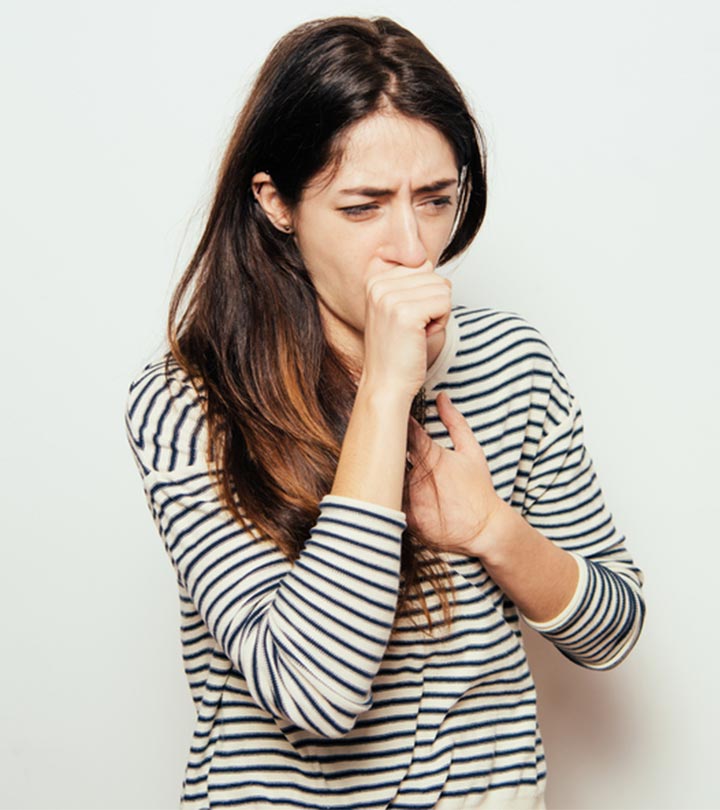


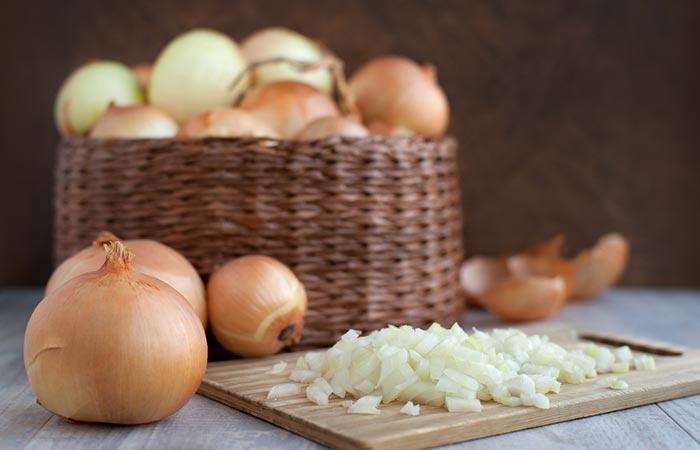
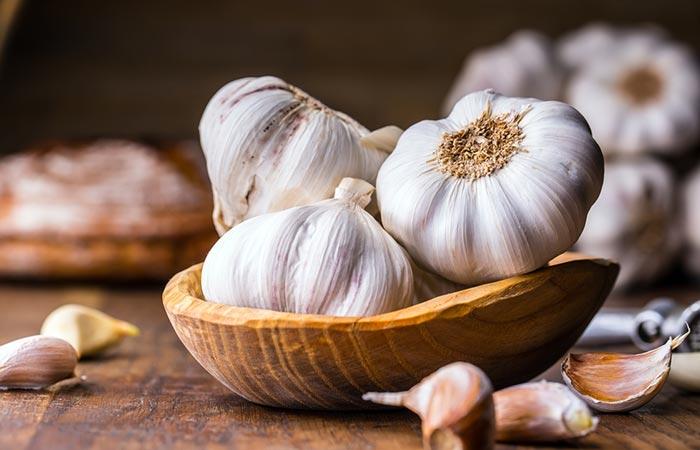
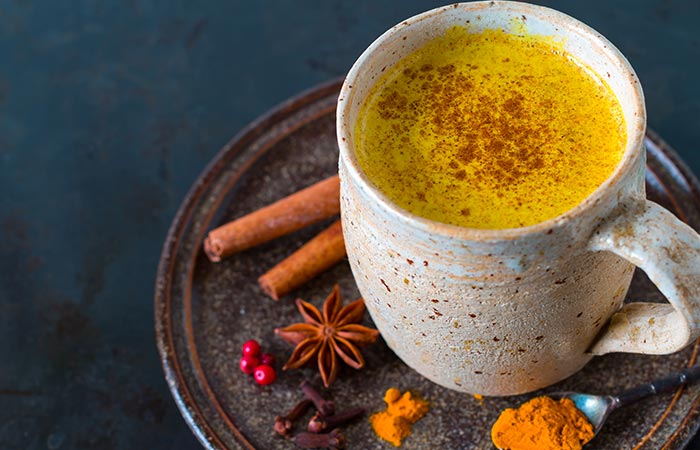
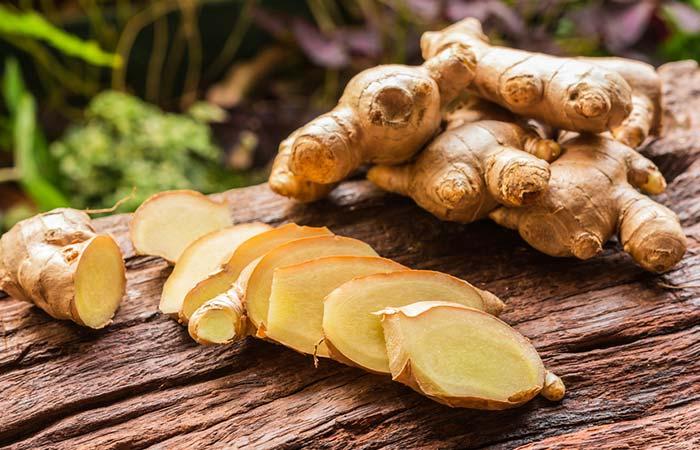


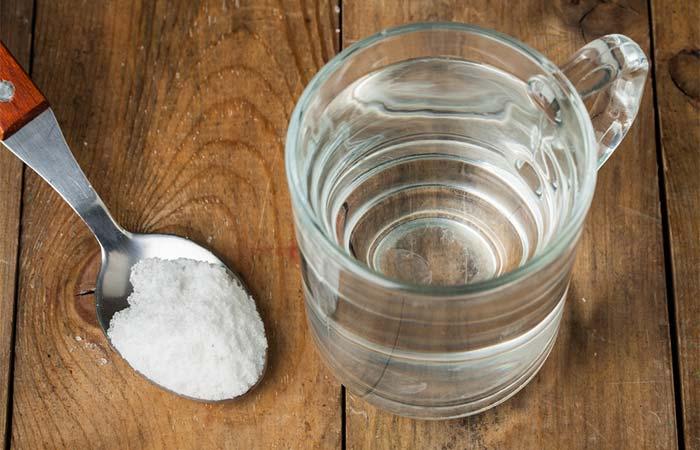
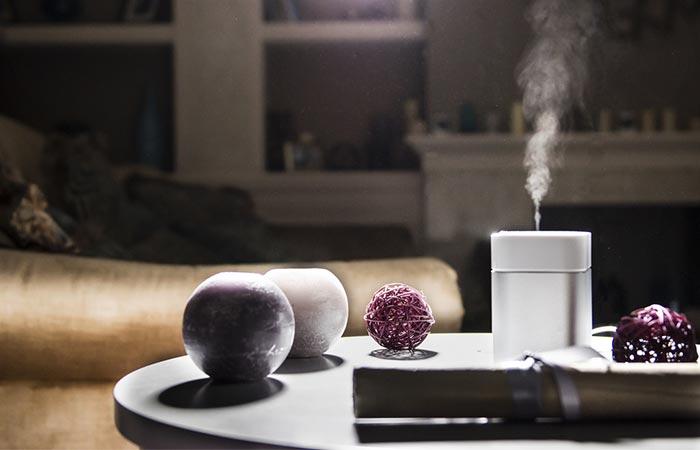
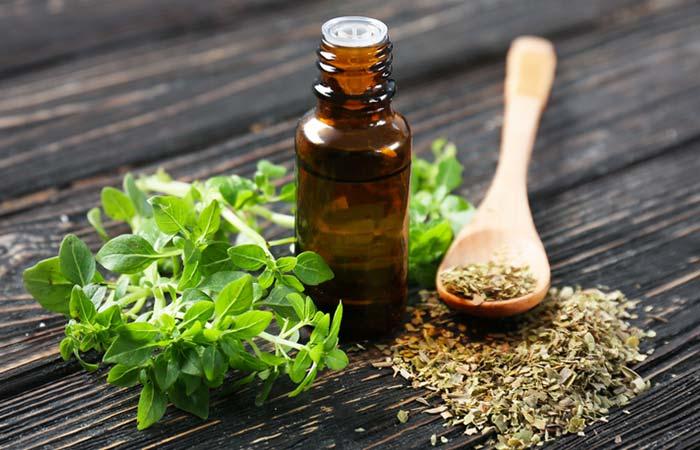


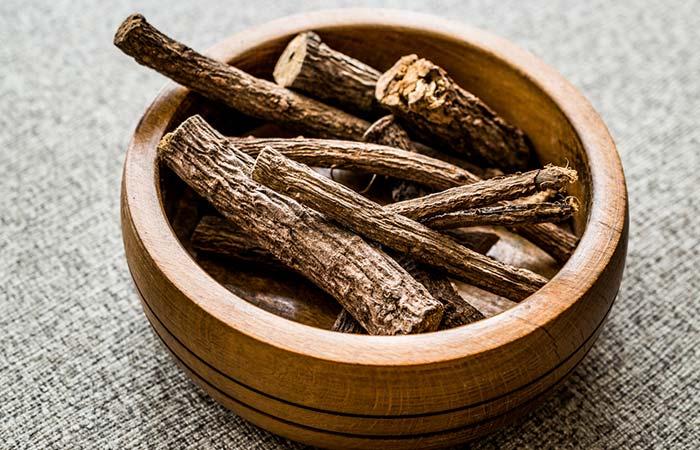
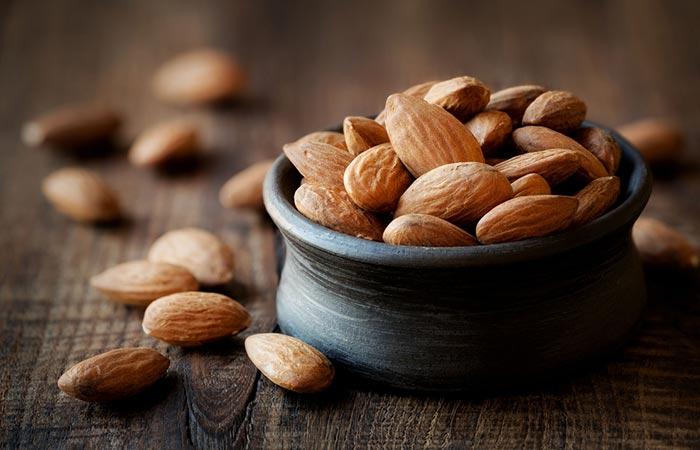

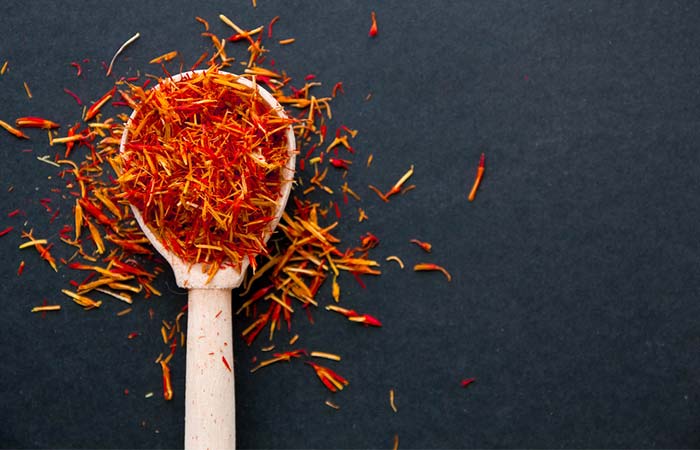
Comments
Post a Comment